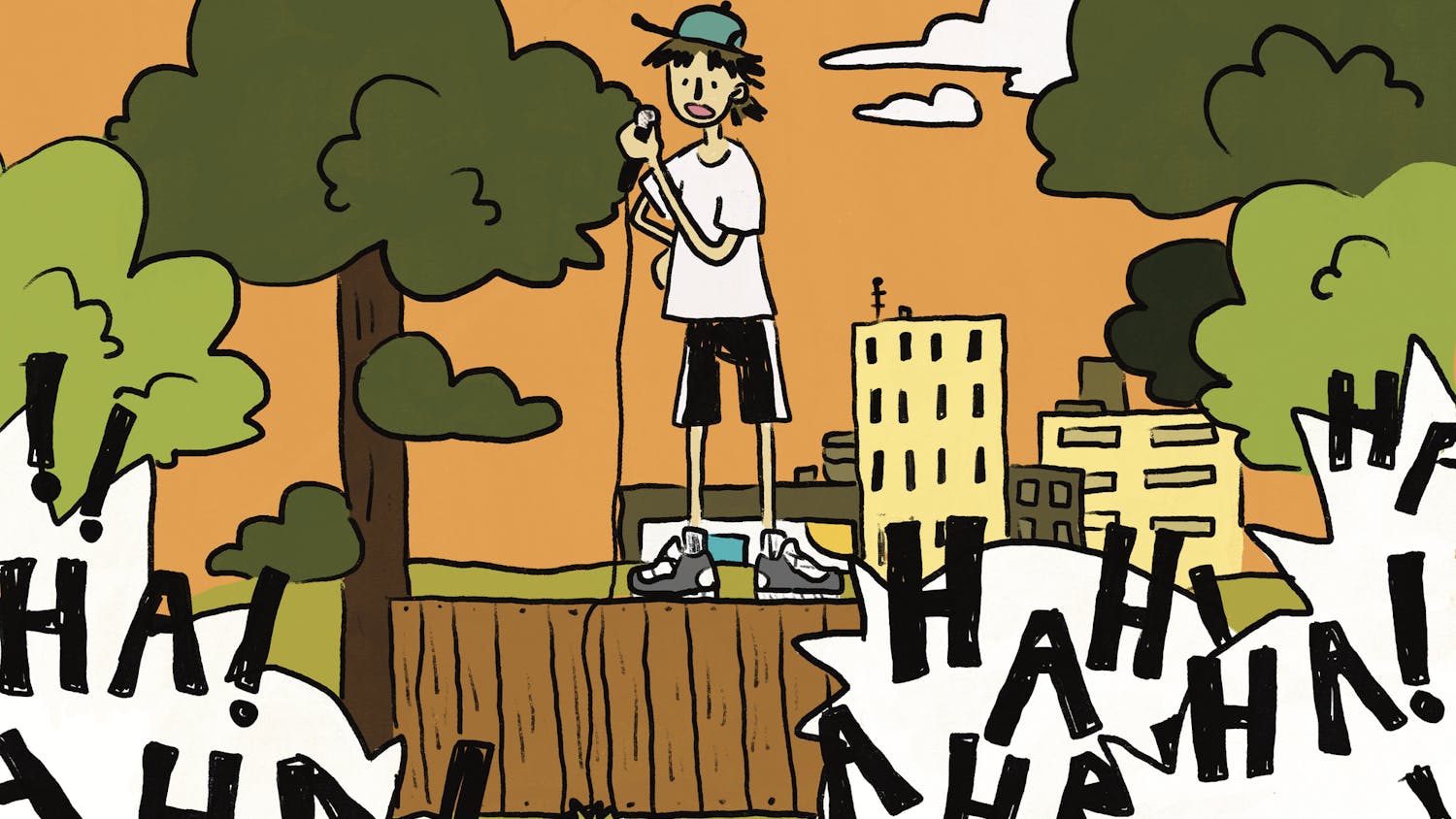‘Citizenfour’
A
Spies. Code breakers. International scandal.
Aspects found in almost any actio n film.
But this is no fictionalized drama.
This is the real and dangerous world of whistleblowing, as told through the firsthand account of Edward Snowden’s National Security Agency leak in Laura Poitras’ “Citizenfour.”
The documentary film tells the true story of Poitras and Glenn Greenwald, two journalists who receive encrypted emails from an anonymous government source claiming to have top-secret information regarding the largest security operations in the United States.
Meeting in secret in a hotel room in Hong Kong, the source is revealed to be Edward Snowden, and he helps the team expose what would eventually go down as one of the biggest security breaches in history.
Set over the course of nearly two years, Poitras follows the events from the first contact to the most current legal battles and Snowden’s life in Russia.
Right from the start of the film, the documentary captivates the attention and transports the viewer right into the world of Snowden’s international frenzy.
With very little narration, Poitras’ footage allows the audience to experience the events as if they were unfolding in real time, providing viewers with access to Snowden’s life and impact in ways previously ignored or undiscovered by major media outlets.
While the film itself is engaging, the dense, fast-paced material makes this film truly enjoyable only for niche audiences with an interest in informatics or First Amendment rights. Poitras provides very little context or explanation to issues discussed in “Citizenfour.”
Poitras, working along with fellow reporter Greenwald, created the HBO-produced film as a way to help leak the contents of Snowden’s documents to the public, as well as send a message to citizens and the government itself about the importance of privacy.
Hailing Snowden as an Internet hero, the film presents a very one-sided perspective. But despite the biased point of view, the documentary serves as a beautifully complex conversation starter on the topic of government secrecy and the power of the First Amendment in the age of computer-hacking.
Snowden comes off as neurotic and arrogant at times, but the film attempts to understand Snowden’s perspective of the leak and his thoughts regarding the aftermath of his actions.
With everything coming straight from the sources themselves through interviews, emails and government documents, this documentary focuses not on the validity of the issue at hand, but rather the cause.
Regardless of whether Snowden is called a traitor or a hero, the film is definitely worth watching, if only to shed more light on the incredibly complex issue of freedom of speech in the face of the NSA’s authority.
Ciara Doll



